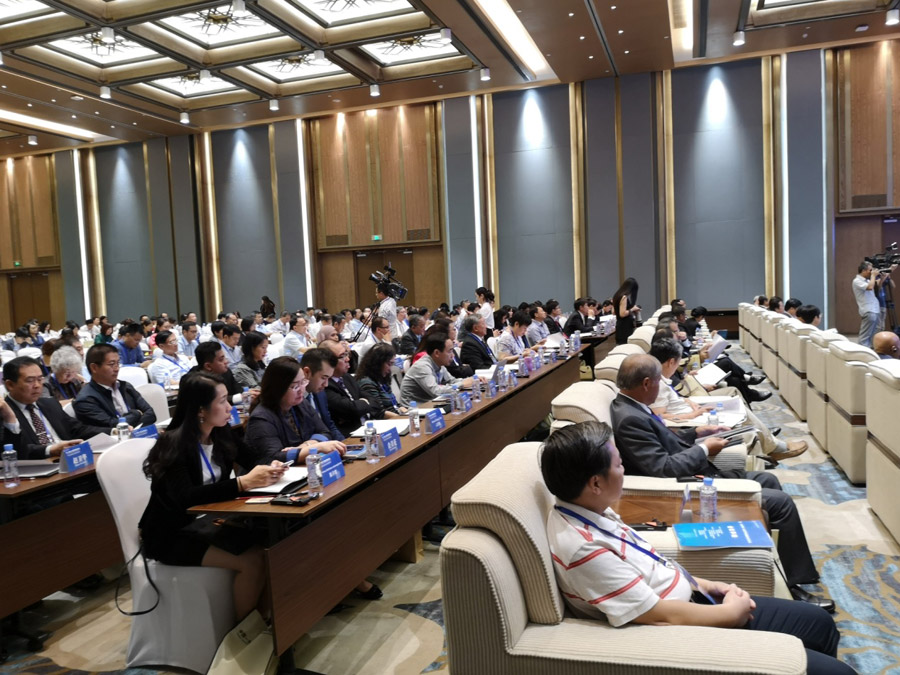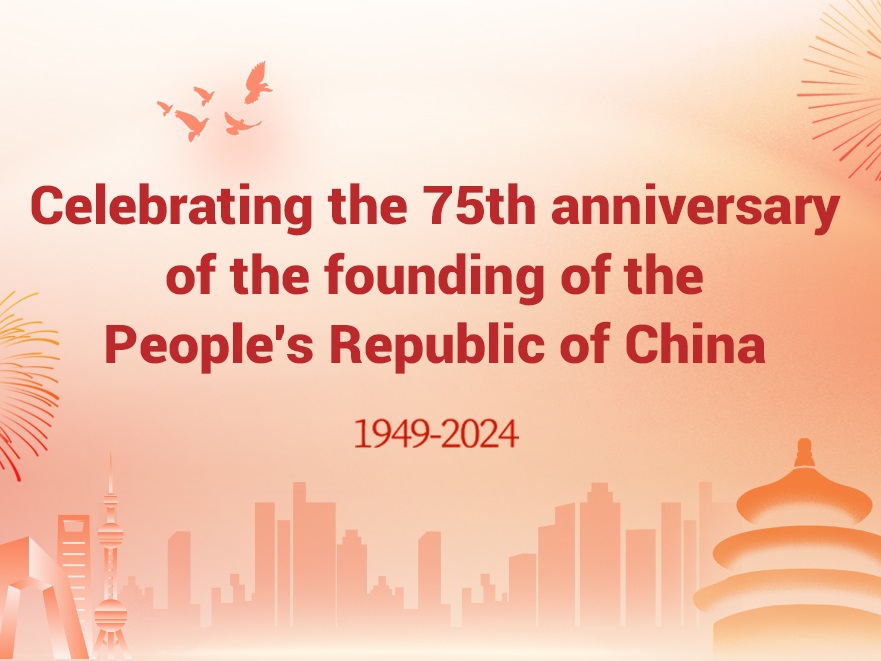China-ASEAN partnership builds consensus, common prosperity

Scenes from the 11th China-ASEAN Think Tank Strategic Dialogue Forum in the capital of the Guangxi Zhuang autonomous region on Sept 18. [Photo by WEN ZONGDUO/chinadaily.com.cn]
Amphayvanh Khamsengsivilay, vice president of the Lao Academy of Social Sciences, said the changing era requires more conceptual understanding, joint undertaking of responsibilities and sharing of benefits.
A closer China-ASEAN community not only consolidates the basis for long-term friendship, but also brings rare opportunities for both sides to match development strategies, she said.
The strategic partnership of China and ASEAN and the new version of the present Silk Road (the Belt and Road Initiative) are becoming a new driving force in the world economy, she noted, adding the China-Laos friendship will help deepen regional cooperation with their diversified culture.
Pham Van Duc, vice president of the Vietnam Academy of Social Sciences, noted the development of relations and cooperation between the two sides has been going smoothly, "except for some misunderstandings and differences, such as lack of mutual trust and disputes on the South China Sea.
"These setbacks would be resolved by (building) mutual trust, benefit and understanding for development, stability and peace in the region and the world," he said.
Li Xiangyang, director general of the National Institute of International Strategy at the Chinese Academy of Social Sciences, said there is a need to adhere to correct perseverance concepts in promoting sustainable development of the Belt and Road Initiative.
The initiative is not "China Aid" as some refer to it, and enterprises, which aim for profits to survive, are the major players, Li said, correcting existing misunderstandings.
China may benefit from the initiative by opening more opportunities for its enterprises and increasing its soft power, but only "a balance of national influence at the macro level and corporate earnings at the micro level will sustain the initiative," he said at the forum.
Li also proposed engaged partners pay attention to relationships between "transfusing and producing blood", meaning offering aid and building capacity, between giving and taking and between long-term and short-term benefit.


